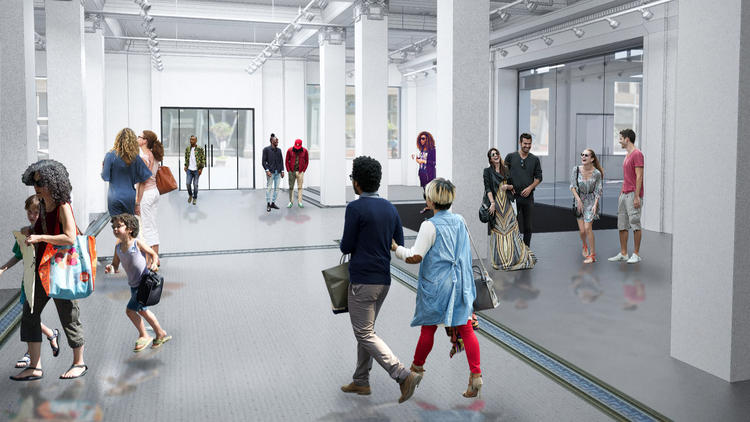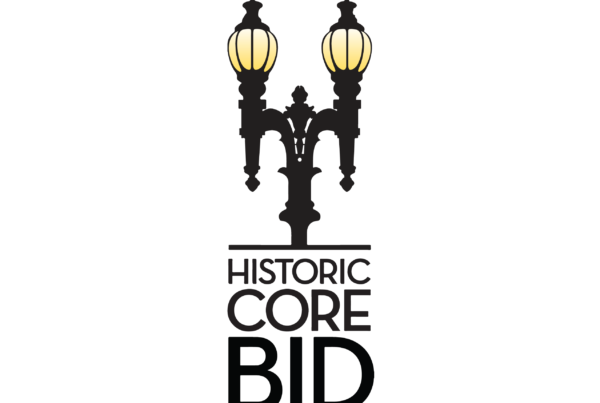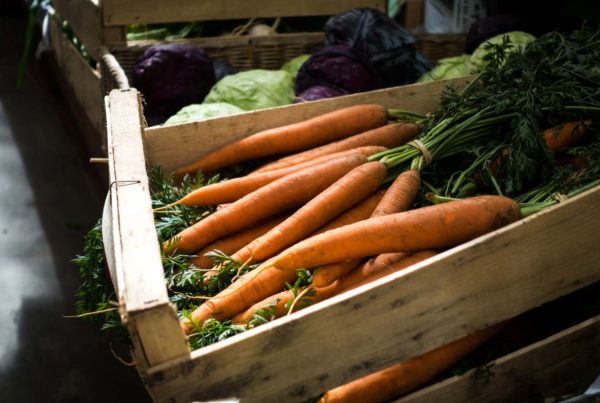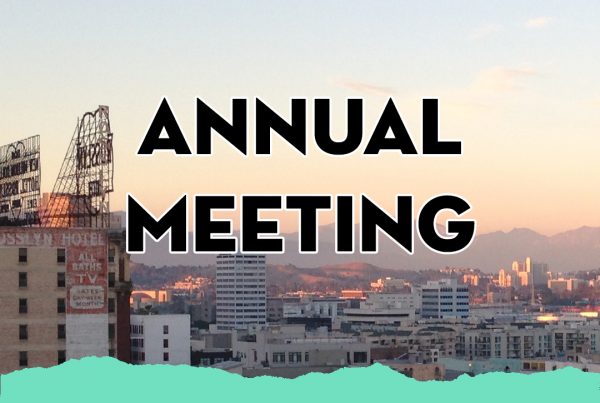By Carolina A Miranda, L.A. Times
It may not seem as if downtown Los Angeles is in need of yet another arts space. But it is coming nonetheless — and it’s aiming to fill a more locally minded role than some of the institutions around it.
The Main Museum will be a non-collecting institution housed in a series of historic early 20th century structures in the Old Bank District. Helmed by Allison Agsten, who previously served as the curator of public engagement at the Hammer Museum, the curatorial focus will be resolutely local.
The mission, Agsten says, “is to engage the public with the most important ideas of our time through the art of Los Angeles.”
The museum, which is still being designed by the L.A.-based Tom Wiscombe Architecture, will have 40,000 square feet of exhibition space on the ground floors of the 1903 Hellman Building and the 1905 Farmers and Merchants Building. It will also have a rooftop sculpture garden and amphitheater.
Seed money for the project is being provided by real estate mogul Tom Gilmore and his partner, Jerri Perrone. Construction, estimated to cost $50 million, is expected to take roughly four years.
Even though the doors won’t open for some time, the Main Museum will be active long before its official opening date.
This fall, the museum is launching “Beta Main,” a series of informal public programs to take place in some of the completed storefront spaces. This kicks off Oct. 30 with a 10-day event staged by Los Angeles artists Suzanne Lacy and Andrea Bowers — two figures known for their socially minded pieces.
Agsten says that it’s part of the museum’s attempt to have a dialogue with local audiences before things are set in stone.
“This is an adaptive re-use project, so we wanted to take a look at the possibilities related to that and start using some spaces sooner rather than later,” Agsten says. “It’s in the spirit of what’s ahead for us … it’s about experimenting and trying things.”
The as-of-yet unnamed piece to be staged by Lacy and Bowers is a follow-up to a performance the pair did at New York City’s Drawing Center in 2014 — in which Bowers taught Lacy to draw. (Lacy is a performance and social practice artist and doesn’t generally draw.) The Beta Main event will accomplish the inverse, with Lacy teaching Bowers how to be a performance artist.
“They will, over the course of the piece, bring in scholars and other people to talk about performance and the history of performance,” Agsten says. “The public can come and be involved and it will culminate on election day [Nov. 8] with a special program they are devising.”
This will be followed by other public offerings. As part of one Beta Main event, titled “Office Hours,” Agsten will open the doors to artists based in the neighborhood so that she can get to know them and their work. She is also planning an exhibition of the work of Boyle Heights photographer Star Montana.
Because of the ongoing construction, projects will be of a flexible, pop-up nature. “If someone says, I have an idea for a talk,” she explains, “I can say, come down and we’ll do it.”
Agsten says these projects will help feed what ultimately happens at the larger museum, which she says will complement — rather than compete with — what already exists in downtown. (Namely, collecting institutions such as the Museum of Contemporary Art and the new Broad museum.)
“Considering the environment of Los Angeles, I think we are better off using our resources doing things other than buying stuff,” she says of her institution’s mission. “Residencies will be at the core of our program, rather than a collection.”
And the space won’t simply be devoted to of-the-moment art. There will be historical overviews, too.
“I’ve spent a lot of time looking into the history of art and art-making in downtown Los Angeles,” she says. “I’m trying to understand the backdrop I’m working in. That seems really important. The idea that art in L.A. is new or of the last five years — that’s pretty crazy.”
Phase 1 of Main Museum, which will consist of the refurbishment of the ground floor spaces, is expected to be completed by 2018. The roof sections would be finished up two years later, by 2020.





